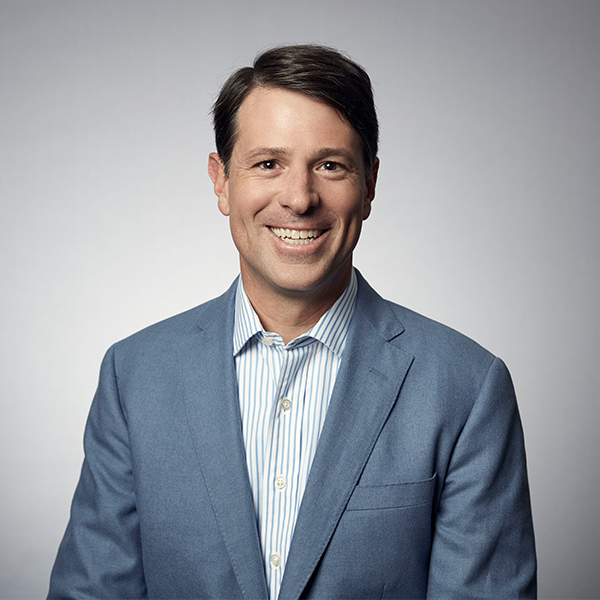As we start a new decade, I thought it would be beneficial to start a blog highlighting some of the topics we talk about at Live Oak Private Wealth. This blog is intended to shed light on what we are thinking about all things market related. Its purpose is not to provide investment advice or recommendations but rather further a conversation. I don’t anticipate this blog being monthly, but rather, timely, perhaps infrequently. Today’s topic: the decision to hold cash.
“Another mistake that people often make is that they compare themselves with others who are making more money than they are and conclude that they should emulate the others’ actions….after they’ve worked. This is the source of the herd behavior that so often gets them into trouble. We’re all human and so we’re subject to these influences, but we mustn’t succumb. This is why the best investors are quite cold-blooded in their professional activities.” – Howard Marks
As markets across the board are hitting record highs, we are often asked about our views on the direction of the stock market. While I believe it is important to understand the different factors affecting the markets and the probability of different outcomes, we spend most of our time analyzing companies and looking to invest in superior businesses. Thus, at times when valuations get stretched, we might struggle to find good business at attractive prices to invest in. When this happens our cash position might seem high.
“Cash is King!?”
Obviously if we had a crystal ball we would remain fully invested until all companies traded at their highest level, hit the bid, and then wait until valuations became attractive and redeploy (re-invest) that money – easy, right? So here we are in 2020. A world where people are buying stocks for yield and bonds for capital appreciation. (Why else buy a negative yielding bond?) Just last year, S&P earnings were down, yet stock prices were up. Confused; don’t be! We spend our time reading, researching and thinking so you don’t have to.
“There are no called strikes in investing” -Warren Buffett
Which brings me back to the conversation of cash and the right amount in a portfolio. You need to think about the optionality value of cash, which is often referred to as “dry powder” in the investment realm. Daily, we analyze the potential drag that cash creates versus deploying that cash in the future at discount valuations. This is not about market timing. It’s about being disciplined and being patient. We believe that cash is not a panacea. We look at it like a captain would look at his sea anchor. While it may cause him to slow down in smooth waters, it protects him in turbulent times. You have a situation where the 10-year Treasury is trading below 1.5% and some money funds can get you closer to 1.9%. Add in that valuations in some companies appear stretched. In this scenario, we would rather have some dry powder to take advantage of buying businesses at a better price. Drawing in the baseball analogy, we are comfortable waiting for that perfect pitch.
“Naysayers argue that holding a large amount of cash that yields nearly nothing is foolish, and perhaps it is — until it isn’t. On all accounts, we think it’s better to have cash and not need it, rather than need it and not have it.” -Bruce Berkowitz
Most investors prefer to be all in. In fact, in today’s society, you could argue that people are becoming less patient. Most people look at their returns on a daily basis. This creates a focus on near term returns, rather than being patient and looking at the bigger picture. Maybe, the opportunity of the future market could be greater than the current opportunity. Who knows? No one can be sure. If someone answers this with great certainty, I would run the other way. Thus, we feel, at times, that having a sea anchor on board could be a good thing.
C. Keller
